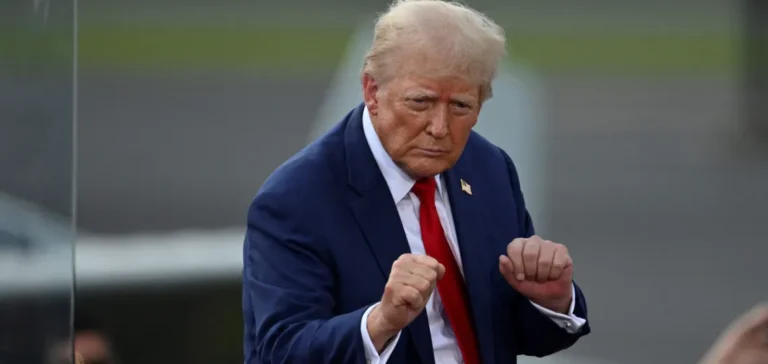US President Donald Trump is expected to impose 100% tariffs on imports of Russian oil from certain countries. Republican Senator Lindsey Graham from South Carolina revealed this decision during an interview on Fox News on July 21. According to Graham, the measures will primarily apply to countries such as China, India, and Brazil, which account for about 80% of Russian oil purchases.
Graham specified that the affected nations will have to make a strategic choice: prioritise their trade relations with the US or continue purchasing oil from Russia. These tariffs, according to him, are aimed at directly penalising countries that financially support Russia through these purchases in response to Russia’s invasion of Ukraine.
The United States, in the context of rising international tensions, is seeking to economically isolate Russia by reducing its revenues from energy exports. If this measure is adopted, it could have significant consequences for importing countries, some of which depend heavily on Russian hydrocarbons for their energy supply.
International reactions to the proposed tariffs
The announcement of this measure could provoke additional tensions between the United States and the affected countries, notably China, one of the largest buyers of Russian oil. The decision could also disrupt the global oil market balance, especially for countries seeking to diversify their sources of hydrocarbon supply.
Brazil and India, meanwhile, continue to maintain close relations with Moscow despite international pressures. These nations could find themselves in a difficult position, balancing their economic interests with the pressure exerted by Washington.
Potential impact on energy prices
The imposition of these tariffs could lead to a global rise in oil prices, with the targeted countries likely to seek alternative sources of supply to compensate for reduced purchases of Russian oil. Emerging economies, particularly in Asia, could be particularly vulnerable to such increases in crude oil prices.






















